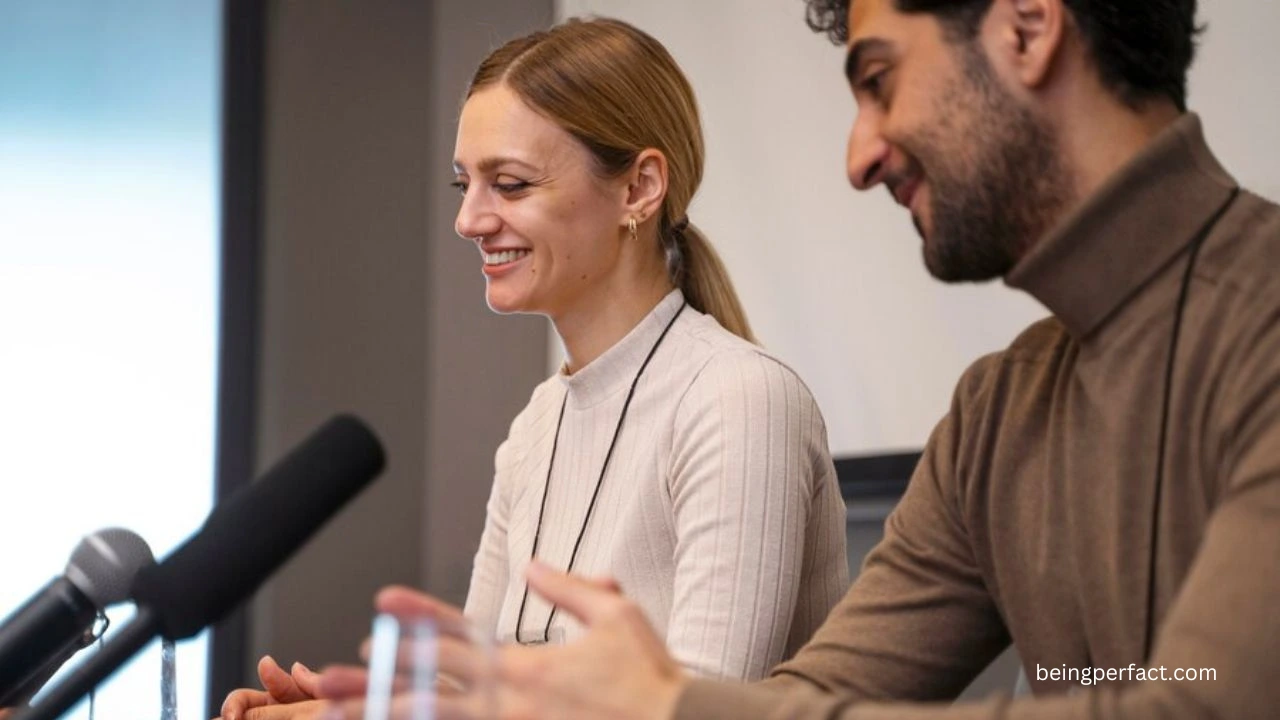For decades, Iran’s nuclear program and its ballistic missile system have been sources of international controversy. Recently, the U.S. has once again designated Iran’s Islamic Revolutionary Guard Corps (IRGC) as an international terrorist organization, urging Iran to halt the expansion of its nuclear and missile programs. In response, Ali Larijani, an advisor to Iran’s Supreme Leader Ayatollah Ali Khamenei, stated that Iran is not pursuing nuclear weapons but warned that if Iran were attacked, it would have no choice but to develop them. These statements raise critical questions about the possibility of escalating tensions between Iran and the West. This article takes an in-depth look at the situation.
U.S. Position: IRGC and Terrorism Allegations
In 2019, the U.S. formally designated Iran’s IRGC as a “Foreign Terrorist Organization,” marking the first time a country’s official military force was labeled as such. U.S. officials argue that the IRGC plays a central role in Iran’s nuclear and ballistic missile programs and supports militant groups like Hezbollah, Hamas, and the Houthis in the Middle East. Former U.S. President Donald Trump reimposed the “maximum pressure” policy against Iran during his second term, aiming to cripple Iran’s oil sector and curb its nuclear ambitions.
The U.S. claims that Iran’s ballistic missile program poses a significant threat to regional security, as Iran possesses missiles capable of reaching up to 2,000 kilometers, potentially targeting Israel and U.S. military bases. Furthermore, Iran’s uranium enrichment process has reached levels close to those required for nuclear weapons, despite Iran insisting that its program is for peaceful purposes. U.S. officials argue that stopping these programs is critical for global security.
Ali Larijani’s Statement: Defense or Threat?
Ali Larijani, a senior advisor to Iran’s Supreme Leader and a former parliamentary speaker, recently stated in a televised interview that Iran’s nuclear program is peaceful and does not aim to produce nuclear weapons. He referred to the International Atomic Energy Agency’s (IAEA) monitoring of Iran’s nuclear activities, emphasizing Iran’s commitment to transparency. However, he warned that if the U.S. or Israel launched an attack on Iran’s nuclear facilities, the country would have no choice but to develop nuclear weapons for self-defense.
Larijani also mentioned that Ayatollah Khamenei had issued a religious decree (fatwa) against nuclear weapons, but noted that political circumstances could alter such rulings. He cautioned Western nations that any “mistake” against Iran could have severe consequences. His statement reflects Iran’s defensive strategy and its evolving relationship with the West.
The History of Iran-West Tensions
The tensions between Iran and Western powers date back to the 1979 Islamic Revolution, which ousted the Western-backed Shah of Iran. Since then, Iran’s nuclear ambitions and regional policies have strained its relations with the U.S. and its allies. In 2015, Iran and global powers signed the Joint Comprehensive Plan of Action (JCPOA), which limited Iran’s nuclear program in exchange for the easing of economic sanctions. However, in 2018, President Trump withdrew from the deal and reimposed harsh sanctions, prompting Iran to gradually reduce its commitments under the agreement.
While Iran maintains that its program is peaceful, Western countries perceive it as a potential threat. Israel, which considers Iran an existential threat, has repeatedly warned of possible military strikes on Iran’s nuclear sites. In October 2024, Israel targeted Iran’s missile production centers and air defense systems, weakening Iran’s defense capabilities. In this context, Larijani’s statement is seen as part of Iran’s broader defense strategy.















Leave a Reply